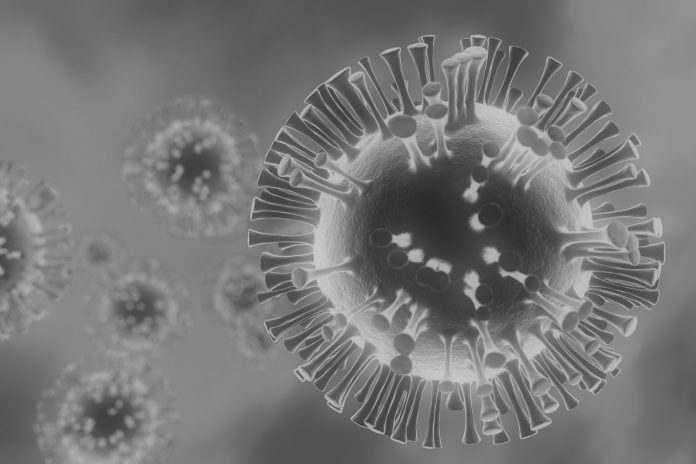It is now well-known that the virus can create severe respiratory issues – but the impact of COVID on the brain is an equally important, unanswered question
According to the National Institute of Neurological Disorders and Stroke (NINDS), the inflammation symptoms of COVID impact on the brain are similar to Chronic Fatigue Symptom or post-Lyme disease.
This suggests that there could be similar causes involved.
Dr Avindra Nath, clinical director of the National Institutes of Health’s National Institute of Neurological Disorders and Stroke (NINDS), and Dr Serena Spudich, Yale School of Medicine, say that increased research on Long COVID would help to unpack how the virus impacts the brain specifically.
When it comes to acute COVID, the symptoms are usually loss of taste and smell, headaches, stroke, delirium, and even brain inflammation.
The authors said: “Few studies have systematically categorized or examined the natural history of Long Covid symptoms, let alone studied their biology.”
“Few studies have systematically categorized or examined the natural history of Long Covid symptoms”
There does not seem to extensive infection of the brain with COVID-19, which suggests that the neurological effects could be caused by immune activation, neuroinflammation, and damage to brain blood vessels.
Acute COVID, also known as Long COVID, can lead to long-term effects. Regardless of age and previous health, Long COVID symptoms can strike any individual and last for a yet indecipherable amount of time.
Symptoms, described above, can even include psychological effects such as depression or psychosis.
Not enough research means no solid access to treatment
The authors also further highlight that more research is urgently necessary. There could be countless thousands of people suffering an impact like depression, with little idea that it is connected to their experience of the virus.
Writing in Science, the authors said: “It is uncertain whether unforeseen neurological consequences may develop years after initial infection.
“With millions of individuals affected, nervous system complications pose public health challenges for rehabilitation and recovery and for disruptions in the workforce due to loss of functional capacity. There is an urgent need to understand the pathophysiology of these disorders and develop disease-modifying therapies.”











